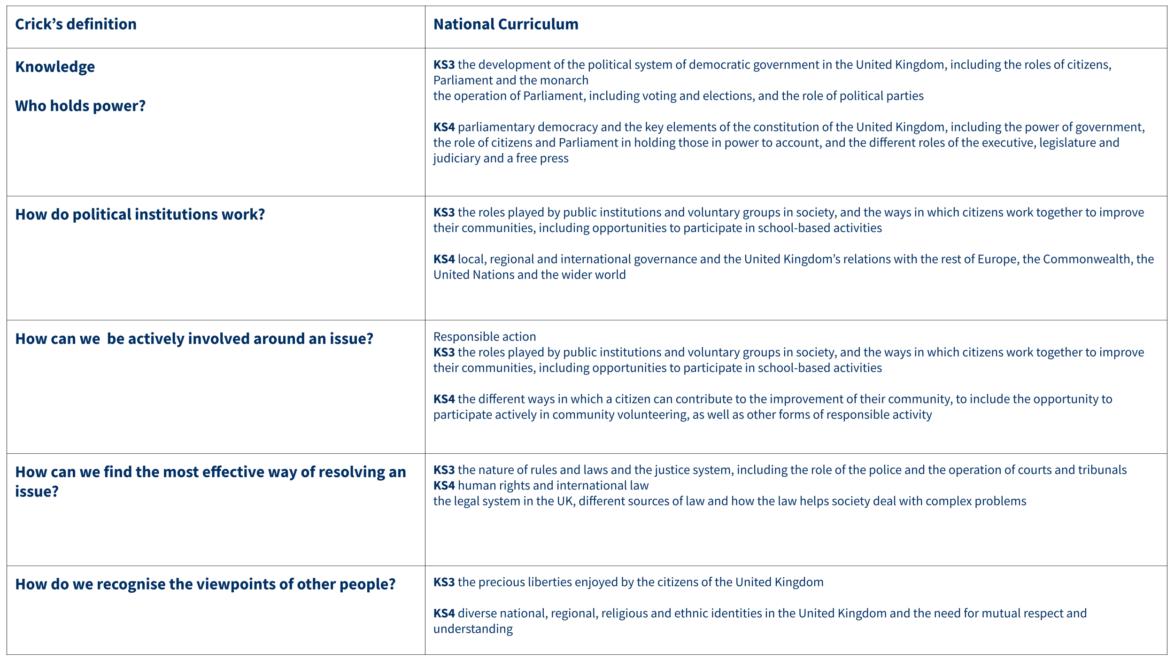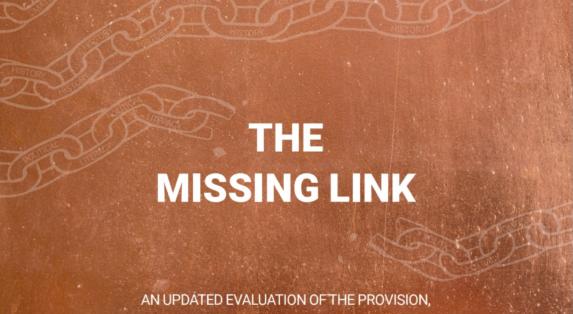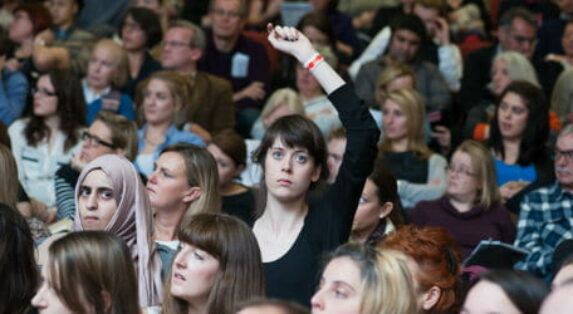
Why political literacy is at the heart of Citizenship education
Teaching Citizenship helps ensure our students are equipped with the knowledge and skills to participate in society as politically literate citizens
What is political literacy?
Political literacy is an idea developed by Professor Sir Bernard Crick and Alex Porter in their book, ‘Political Education and Political Literacy’ (Longman, 1978). The book was published after a report by a working party convened by the Hansard Society which looked into a national programme for political education. In 1998, Crick worked with an advisory group that led to the publication of ‘The Crick Report’. This document set out proposals to the government of the day to introduce Citizenship and Democracy Education in Schools.
Political literacy can be defined as ‘where a person has the knowledge, skills and attitudes to allow them to both understand and know how to engage in public events and debate’. Understanding conceptual knowledge and facts helps develop citizen competence. This enables people to practise skills, to participate in political reasoning, and take action with others to address political problems – through active citizenship.
Political literacy is at the heart of good Citizenship teaching, bringing political knowledge, thinking and action together in the curriculum
Liz Moorse
Chief Executive, ACT
Teaching political literacy
So what would a politically literate young person look like by the end of their schooling?
Teaching Citizenship as a subject helps to equip our students with the knowledge, thinking and skills to participate in society as a politically literate citizen. Crick designed a diagram often called ‘The Political Literacy Tree’. It illustrates the range of knowledge and skills that a politically literate person should possess. Crick also recognised that knowledge learned in school is not enough to function in society, and that much of the information we encounter is through the media. This is important in society today as concerns about misinformation and online harm continue. Citizenship education has a crucial role in developing Critical Media and Information Literacy.
Ultimately, a school leaver who is politically literate will have the ability to understand the knowledge they learn, and know how to evaluate and use this information as the basis for making informed decisions and actions. Through effective active citizenship our students develop the capacities for participation so they can choose to be active or not, in democratic life and can give reasons for their decision.
A politically literate young person has the ability to act in a political manner. Where some suggest that political literacy is about the act of engaging, collaborating with, and conversing with politicians, Crick believed that it involves actually employing the knowledge, skills and attitudes and applying these to real situations. He argued that life is full of political issues, problem and events which require us to think and act as individuals and with others.
Political literacy in the National Curriculum
These ideas continue to be reflected in the National Curriculum for Citizenship and are useful as we design our curriculum and pedagogy for teaching the subject.
Our goal as teachers is to:
- ensure we provide regular opportunities for the discussion of political questions in an open classroom climate
- maintain political impartiality as we teach political issues
- help our students’ develop political agency as active citizens, value democratic society and instill a belief that their voice and participation in politics matters.


